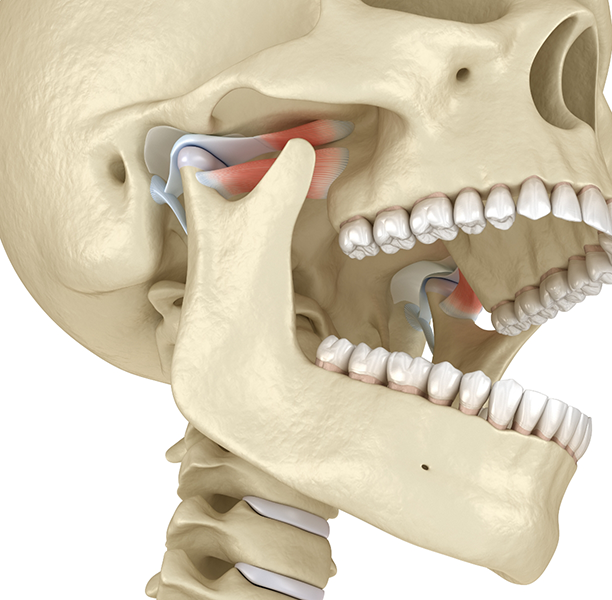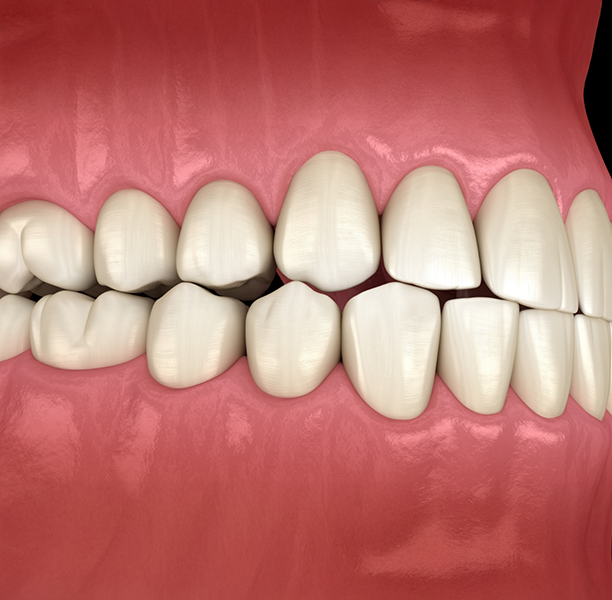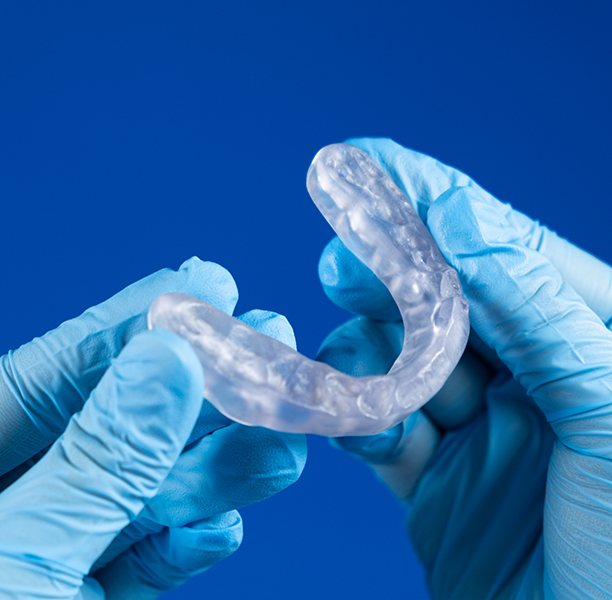TMJ Treatment Boca Raton
Your Answer for Chronic Jaw Pain & Headaches
Does your jaw click and pop every time you move it? Has it ever been “stuck” while opening or closing? Have you been to multiple doctors about your persistent headaches, and none of them can figure out what is causing them? Often, these painful symptoms can all be caused by a strained or injured TMJ, or temporomandibular joint, which is the joint that connects your jaw to the rest of your head. A TMJ disorder, or TMD, is one of the most common causes of chronic jaw, head, and facial pain in the U.S., and it’s something we help patients overcome every day here with TMJ therapy in Boca Raton, FL.
Why Choose Alberto J. Lamberti DMD for TMJ Treatment?
- Expert Prosthodontic Dentist with Decades of Experience
- Every Patient Is Assigned Their Own Concierge Care Expert
- Dental Office with State-of-the-Art Technology
TMJ Diagnosis & Treatment

While the causes of TMD can be quite wide ranging, the most common tend to be stress, strain, injury to the joint, arthritis, or a misaligned bite. If a patient exhibits or reports any issues that could be TMD, we will use a number of tests and scans to get to the root of the problem. Once we understand what is actually causing the pain, we can offer a patient a number of proven treatment options, including:
Equilibration/ Occlusal Adjustments

Sometimes, a misalignment of the teeth can prevent the bite from coming together properly, meaning that the facial muscles are never able to fully relax. This can lead to tension that soon turns into pain. With an equilibration/occlusal adjustment, we simply reshape a few key teeth so that they’re able to close correctly, allowing the muscles to reach their natural resting position, which should help any pain go away.
Occlusal Splints

An occlusal splint is a special type of bite guard that’s often worn at night and is designed to guide the jaw joints and chewing muscles into a determined position, depending on each patient’s needs. The end result is immediate and consistent relief from the pressure and tension often caused by TMJ issues—plus, since Dr. Lamberti oversees the creation of your device, it’s certain to work well and be comfortable to wear.
TMJ Treatment FAQs
Can TMJ Disorder Be Permanently Cured?
A TMJ disorder can be cured, but it’s important to remember that not all treatments offer permanent relief by themselves. Occlusal adjustments allow us to reshape your bite so that your jaw joints aren’t exposed to as much pressure.
Is TMJ Treatment Covered by Insurance?
You’ll need to check with your insurance company to see if they’ll help pay for your TMJ therapy. Many insurance plans may not include TMJ coverage at all, and those that do might have rules about the kinds of procedures that are included.
Also, while some types of TMJ therapy can only be provided by dental professionals, the TMJ is a joint and is therefore not exclusively related to dental health. Consequently, TMJ treatment can fall under either medical insurance or dental insurance.
Our practice accepts a variety of dental plans, and one of our team members will be happy to go over your benefits with you if you’re not sure what your coverage for TMJ treatment looks like.

